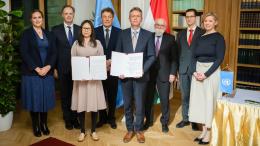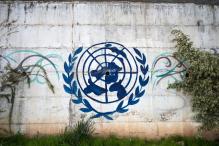Peacebuilding interventions often take place in settings governed by authoritarian regimes and must deal with the legacies of deeply entrenched autocratic rule. In fact, peacebuilding by the UN and other international actors has seldom resulted in a complete transformation from an authoritarian system to an open democratic one; instead, most systems retain some form of authoritarianism via a continuation of a particular ruler, ruling party, or consolidation of power in a small elite. Some post-conflict settings experience a further concentration of power and even greater repression as regimes take advantage of new forms of economic development and international support.
A new United Nations University Centre for Policy Research report explores the ways in which peacebuilding may unintentionally enable authoritarian tendencies despite its stated goal of more inclusive, transparent forms of governance. Building on in-depth case studies and a review of the financial flows of peacebuilding, this study offers empirical evidence of the unintended consequences of peacebuilding support. But it goes further, drawing on the good practices of the UN and others to offer a framework for peacebuilding practitioners and policymakers to avoid unintentionally bolstering concentrations of power and resources in a small elite.
The virtual launch event of Peacebuilding and Authoritarianism provided an opportunity for recognized experts to respond to the main findings of the report, and generated a discussion around implications for future peacebuilding interventions. The event was guided by the following questions:
- What are the ways in which peacebuilding may unintentionally enable authoritarian tendencies in post conflict settings?
- Are there practices from the UN and its partners that have been effective at promoting more inclusive forms of governance?
- How should future peacebuilders “authoritarian-proof” interventions?
A recording of the event can be accessed here.
With thanks to the UK Foreign, Commonwealth and Development Office for supporting this work.



